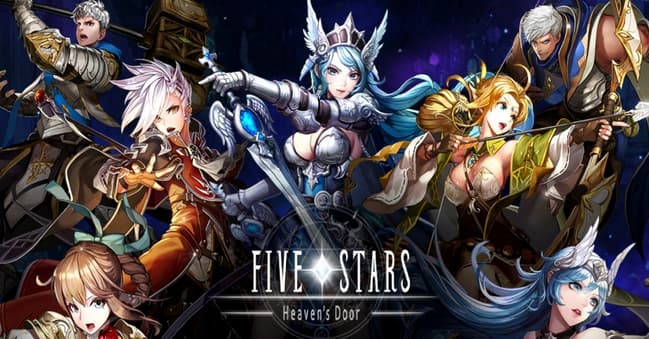In recent years, there has been a significant increase in interest in environmental issues, and the gaming industry cannot do without paying attention to this important topic. NFT games (games based on non-fungible tokens) have become one of the brightest trends in the digital world, offering players unique opportunities to interact with virtual objects and create collections. But how can NFT games be linked to gravity water filters and contribute to environmental protection?
The problem of water purity
Water purity is one of the most pressing environmental issues. According to the World Health Organization, billions of people around the world suffer from a lack of clean drinking water. Gravity filters have become one of the solutions to this problem, allowing water to be effectively purified from contaminants and made more accessible. However, to achieve sustainable changes, not only technology is needed, but also a change in public consciousness.
NFT Games as an Educational Platform
NFT games can be a powerful tool for raising awareness of water purity issues. Incorporating educational modules into gameplay can help players better understand the importance of clean water and the role of gravity filters. For example, players can complete special quests that explain how filters work, what pollutants they remove, and how their installation can change the lives of people in developing regions.
Gamification of Ecology
Gamification is the use of game elements in non-game contexts. In NFT games, you can create a system where players receive rewards for completing environmental tasks. For example, they can earn tokens for installing gravity filters in virtual worlds or participating in missions to clean up polluted water bodies. These tokens can be exchanged for unique NFTs, which will increase the motivation of players to participate in environmental initiatives.
Support for real projects
Another interesting area is cooperation with environmental organizations. Players can participate in water purification campaigns and earn NFTs as rewards. This will create a direct connection between the gameplay and real-world actions to improve the environment. For example, players can earn NFTs for donating to install gravity filters in areas where they are most needed.
Creative Approach to Collectibles
NFT games can also create collectibles that reflect the theme of clean water and gravity filters. Players will be able to collect unique NFTs depicting different types of filters, ecosystems, or even illustrations that remind us of the importance of protecting water resources. These items can not only be beautiful, but also serve as a reminder of the need to take care of the planet.

NFT gaming is gaining popularity for several reasons:
- Uniqueness and Ownership: NFTs (Non-Fungible Tokens) give players the ability to own unique digital assets. This creates a sense of ownership and value, as each token represents a unique item or character in the game.
- Game Economy: NFTs allow for the creation of in-game economies where players can earn real money. By selling or trading their tokens, players can make a profit, which is appealing to many looking for additional sources of income.
- Accessibility and Inclusion: NFT games are often accessible to a wide audience, allowing players to participate in the gameplay without having to make a large investment. This opens up opportunities for people with different income levels.
- Innovative Mechanics: NFT gaming combines elements of blockchain technology with game mechanics, creating new and exciting forms of interaction. Players can engage in quests, collectibles, and item exchanges, making the gaming experience more interesting.
- Social interaction: NFT games often create communities where players can interact, share experiences, and compete with each other. This helps to create strong social bonds and increases interest in games.
- Developer support: NFT game developers can earn additional income from sales and royalties on the secondary market, which incentivizes them to create quality content and keep their games up to date.
- Scalability and integration: The blockchain technology that NFTs are based on makes it easy to scale games and integrate new features. This opens up opportunities for updates and additions, which keeps players interested.
- Real-world gamification: NFT gaming allows players to participate in projects that have real environmental or social impacts, such as games dedicated to environmental conservation, which attracts those who want to contribute to solving global problems.
These factors together make NFT gaming attractive and contribute to its rapid growth and popularity.
The Future of Water Purification: Tankless Filters
Tankless filters are a revolutionary solution to water purification, allowing users to effectively remove contaminants without the need for storage tanks. Not only do these devices save space, but they also provide a constant flow of clean water, making them ideal for both domestic and commercial use. With growing concerns about the quality of drinking water, tankless filters are becoming an important element in the fight for health and the environment, allowing users to get clean water as needed.
Conclusion:
Linking gravity water filters with NFT games opens up new horizons for eco-gaming. It not only helps to raise environmental awareness, but also creates opportunities for players to actively participate in solving real-world problems. Through game mechanics and innovative approaches, it is possible not only to entertain, but also to educate, inspire people to take action to save our planet. In a world where ecology is becoming increasingly important, using NFT games as a platform for positive change can be the key to a cleaner and healthier future.